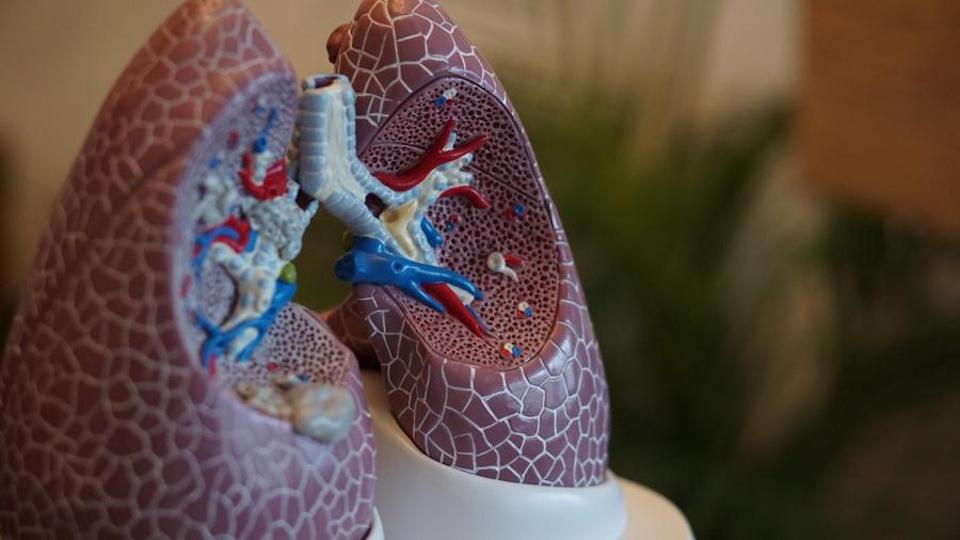GSK COPD triple therapy approved in EU

GlaxoSmithKline’s (GSK) triple therapy for chronic obstructive pulmonary disease (COPD) has been approved in Europe.
The licence from the European Commission means Trelegy Ellipta is now available to patients on both sides of the Atlantic following US approval in September.
Approved for adults with moderate-to-severe COPD who are not adequately treated by double therapy of inhaled corticosteroid and long-acting beta2-agonist, Trelegy is an important drug for GSK as its big-selling Seretide could face US generic competition for the first time next year.
Developed in partnership with Innoviva, Trelegy is the first ever daily single-inhaler to combine a triple therapy for COPD, and could help patients manage their condition better.
Around a quarter of patients use three drugs in separate inhalers and the combination of corticosteroid, long-acting muscarinic antagonist and a long-acting beta2 agonist offers a more convenient treatment option, delivered by GSK’s Ellipta dry powder inhaler.
The first European launch is expected to take place before the end of the year, and will be a test for new CEO Emma Walmsley.
Before he left the company earlier this year, previous CEO Sir Andrew Witty oversaw several lacklustre launches.
But analysts think that Trelegy has potential, with peak annual sales in the region of $1 billion.
Late last week, the European Commission also approved a new subcutaneous formulation of GSK’s Benlysta (belimumab) as an add-on therapy for adults with active autoantibody-positive systemic lupus erythematosus with a high degree of disease activity despite standard therapy.
This follows US approval of the new formulation in July.
The new once-weekly formulation allows patients to self-administer their medicine at home once given the go-ahead from clinicians.
The drug is already available in an intravenous formulation, which was licensed for use in Europe in 2011.
A chronic incurable autoimmune disease, lupus has symptoms that can fluctuate over time, affecting almost any system in the body.












